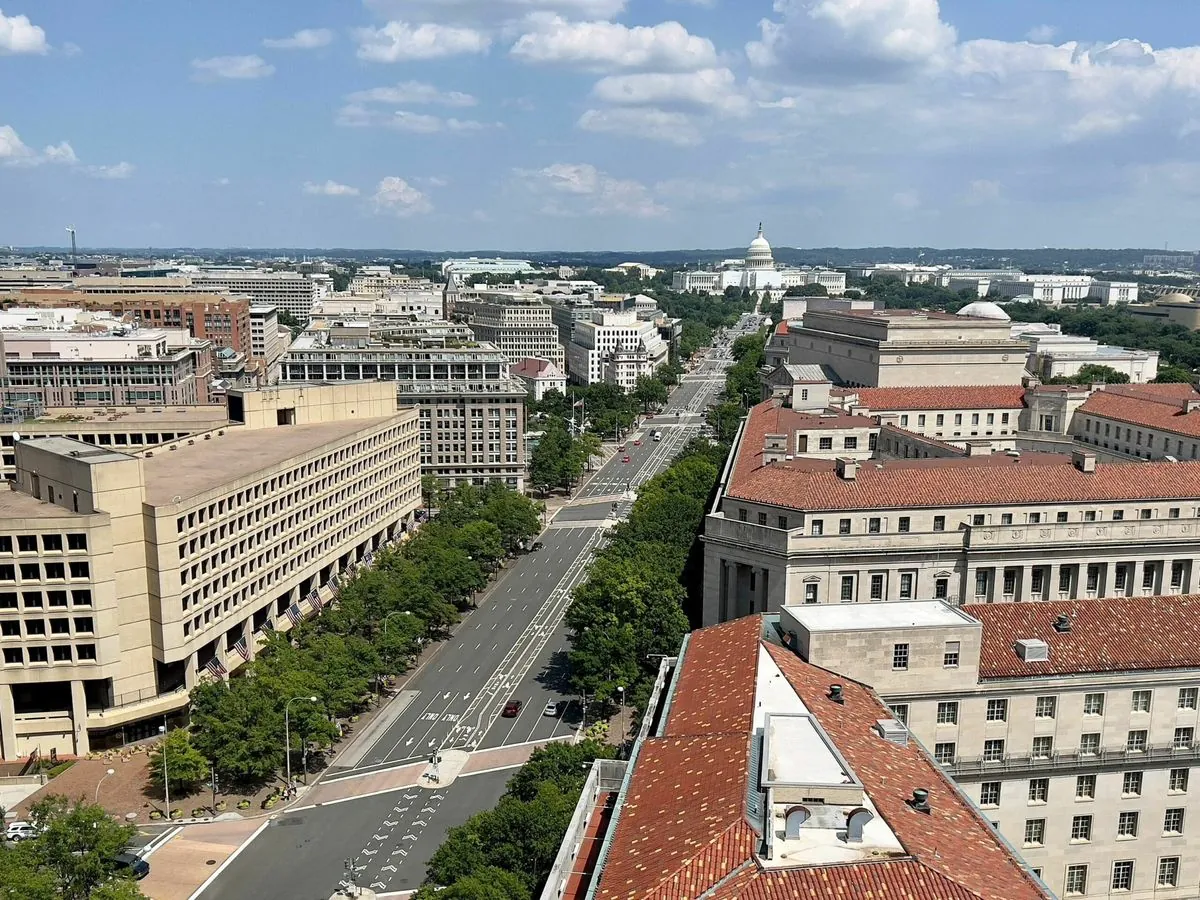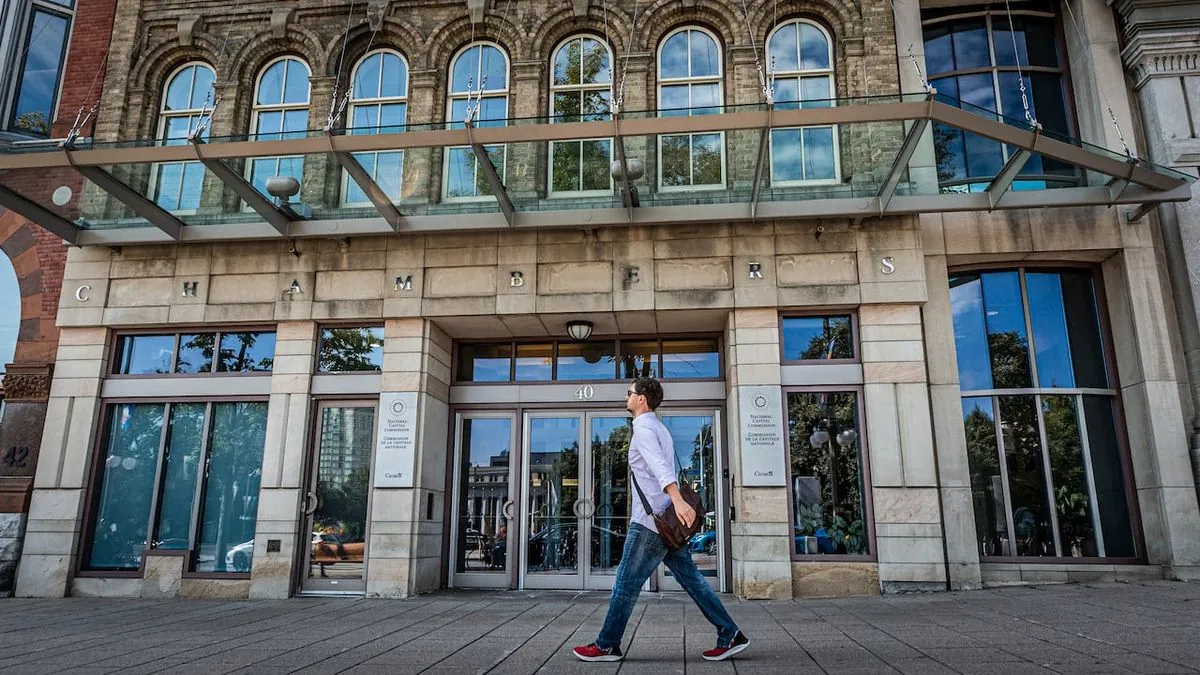Federal Workers Anxious as Trump's Relocation Plan Sparks Debate
Trump's proposal to move 100,000 federal jobs from D.C. area raises concerns among workers and local economies. Politicians from both parties criticize the plan, highlighting its potential impact on upcoming Senate races.

Donald Trump's proposal to relocate up to 100,000 federal jobs from the Washington D.C. area has reignited concerns among government employees and local communities. This plan, part of his Agenda 47 initiative, aims to move positions from Virginia, Maryland, and the District of Columbia to other parts of the country.
The proposal has sparked anxiety among federal workers, who fear disruptions to their lives and careers. Laura Dodson, acting vice president of an American Federation of Government Employees local, shared her experience with a previous relocation attempt under the Trump administration. The rushed process led to retirements and job changes, ultimately impacting the agency's effectiveness.

The potential economic impact of such a move is significant. The District of Columbia currently employs about 160,700 federal civilian workers, with Maryland and Virginia each hosting over 138,000. Local businesses, like Census Auto Repair & Sales near the U.S. Census Bureau headquarters in Suitland, Maryland, worry about the ripple effects on their operations.
Political reactions to the proposal have been largely negative, even crossing party lines. Angela Alsobrooks, the Democratic nominee for Maryland's U.S. Senate race, criticized Trump's stance on federal workers. Surprisingly, her Republican opponent, former Governor Larry Hogan, also condemned the relocation plans as "crazy" and potentially devastating to the region.
The debate extends beyond immediate job concerns. Some argue that relocating federal workers could reduce government accountability. Filipe Campante, a professor at Johns Hopkins University, notes the importance of face-to-face interactions in maintaining checks and balances within the government.
"It's like, you know, Trump trying to turn the federal government into one of his failed casinos, where he thinks he can do whatever he wants. I think it would undermine our entire democracy."
However, the proposal might resonate with some voters outside the D.C. metro area who distrust the perceived "deep state" bureaucracy. This sentiment could potentially influence the upcoming Senate races in Maryland and Virginia, traditionally considered safe Democratic seats.
As the debate continues, federal workers remain caught in the middle, balancing their commitment to public service with uncertainty about their future. The outcome of this proposal could have far-reaching implications for government operations, local economies, and the political landscape in the affected regions.


































